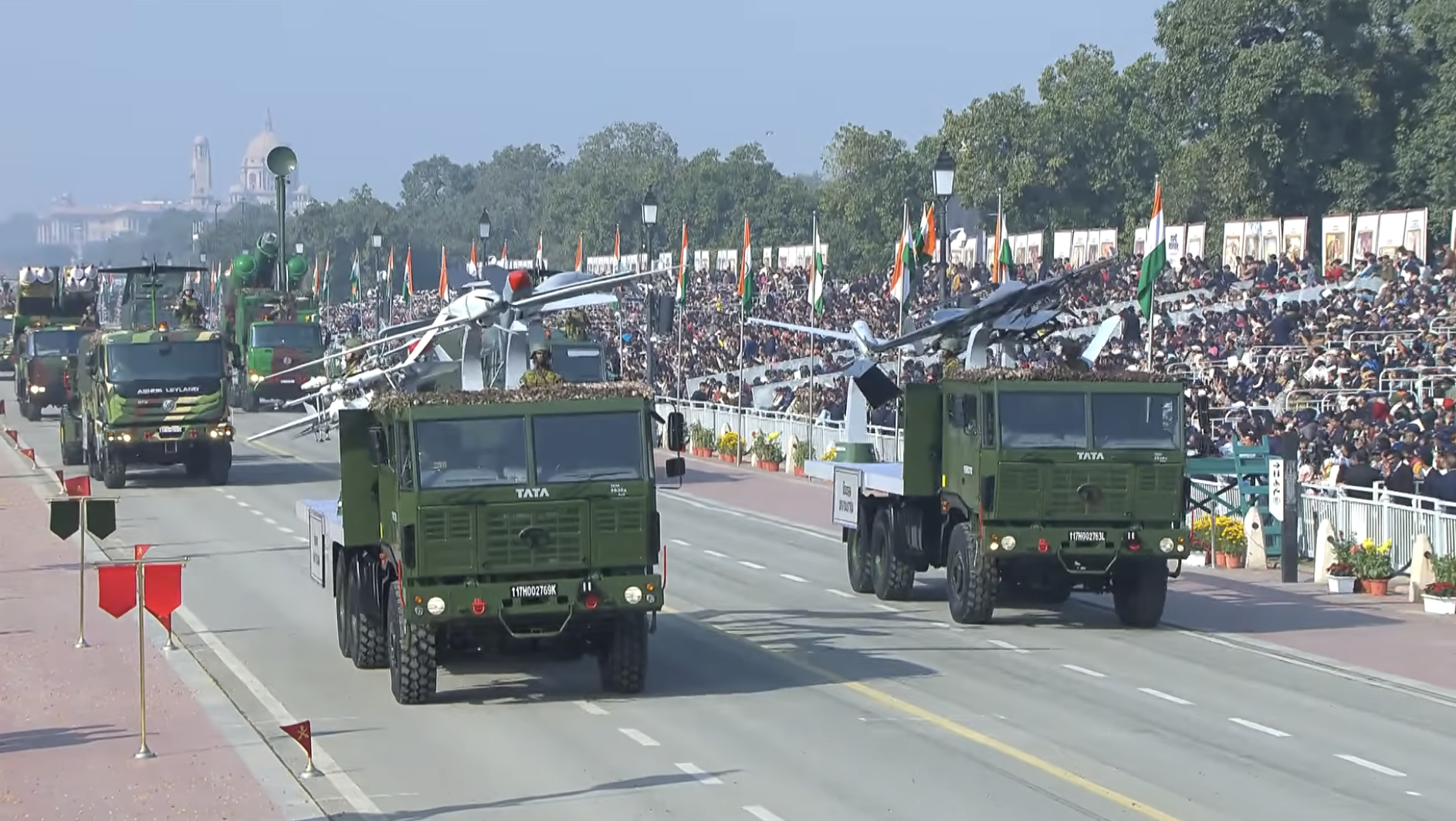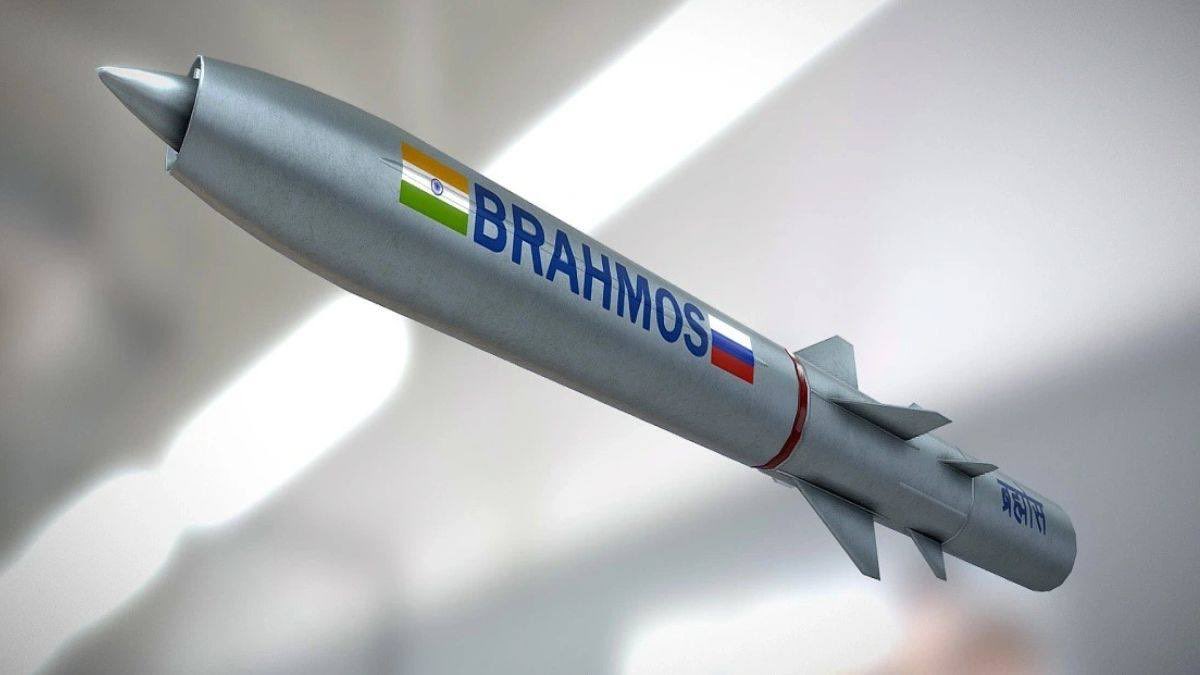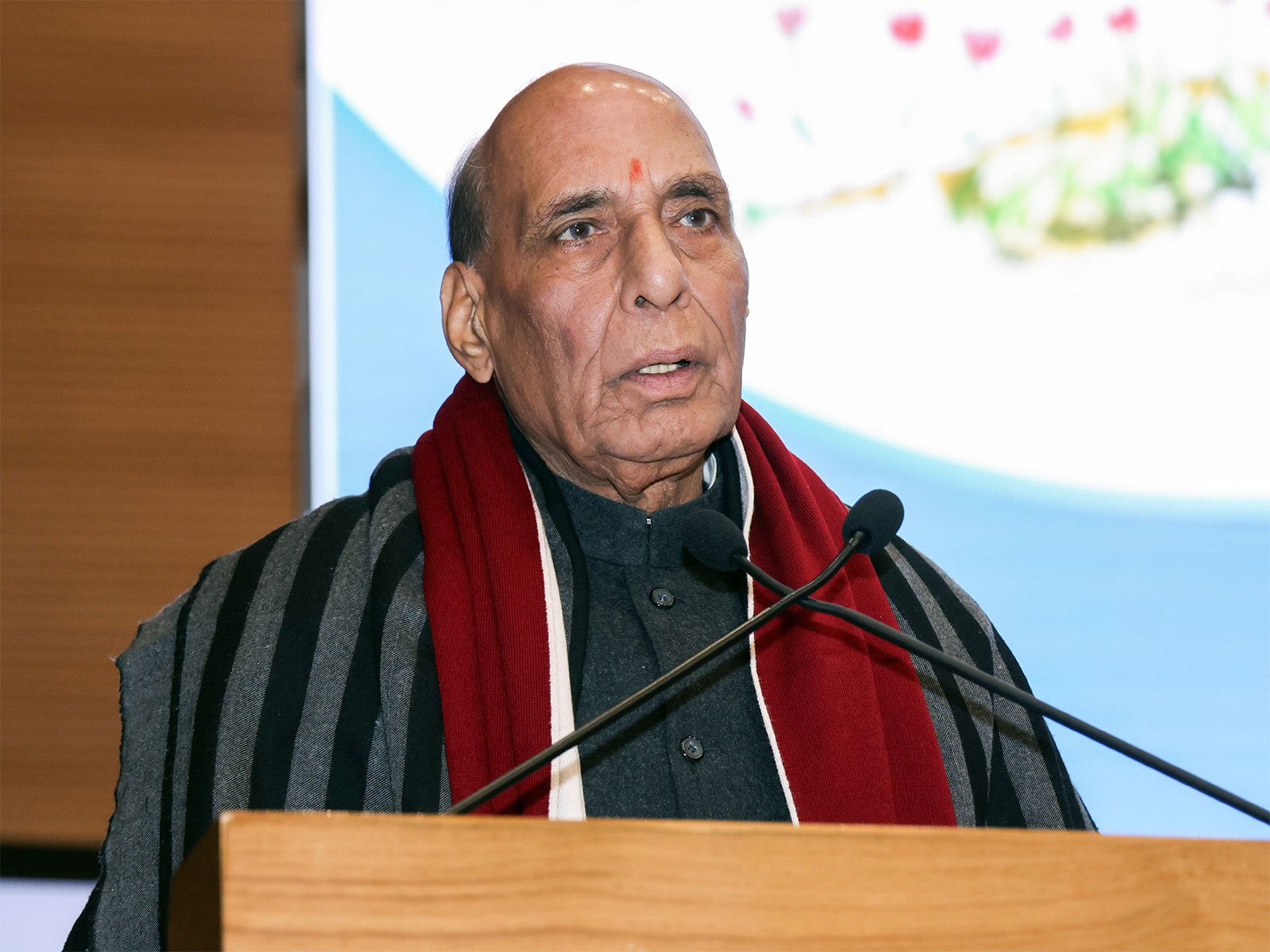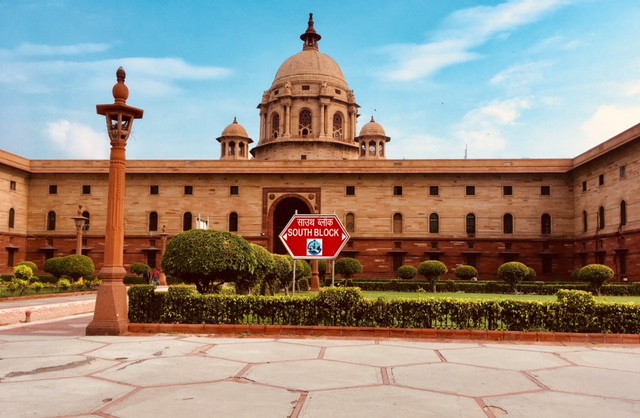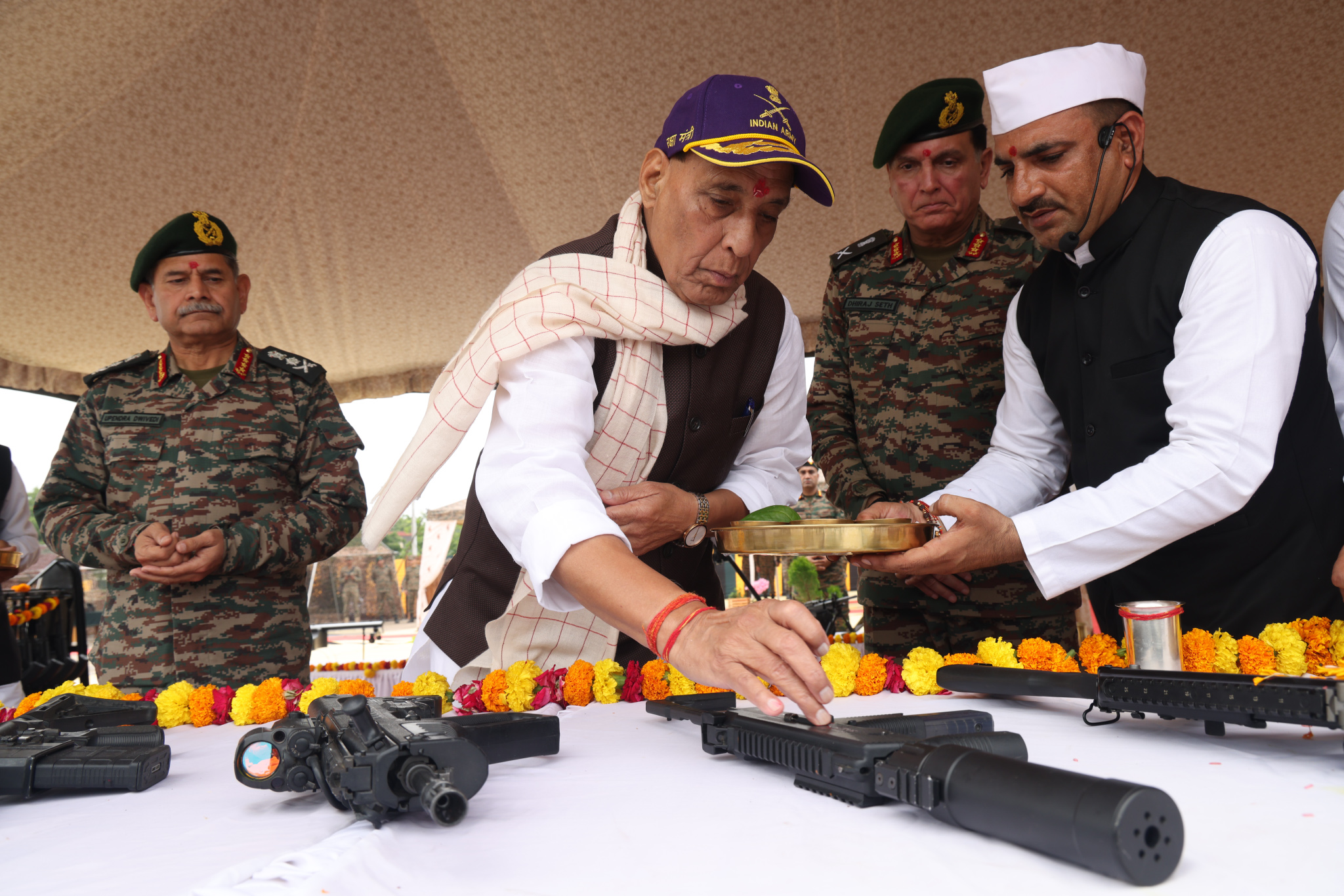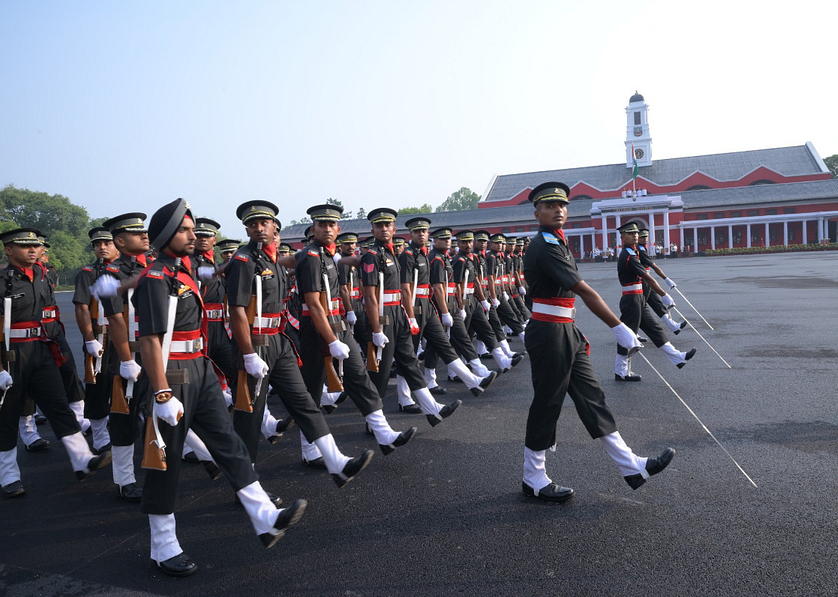 IMA cadet officers during a passing-out parade. (File photo for representation.)
IMA cadet officers during a passing-out parade. (File photo for representation.)
New Delhi: The government has approved the extension of Ex-Servicemen Contributory Health Scheme (ECHS) benefits to officer cadets who are medically discharged from military training institutions due to service-related injuries or health conditions.
The Ministry of Defence’s order will allow cadets invalidated due to disabilities attributable to or aggravated by military training to access ECHS facilities without paying the standard subscription fee of ₹1.2 lakh that applies to ex-servicemen officers.
The decision covers cadets from premier military training institutions including the National Defence Academy (NDA), Officers Training Academy (OTA), and Indian Military Academy (IMA) who suffer career-ending medical conditions during their preparation for military service.
Eligibility
Under the new provisions, medically discharged cadets will receive healthcare benefits subject to specific conditions. They must apply for ECHS membership and accept the scheme’s rules, with benefits limited to the individual cadet only. The facility includes free outpatient department services at ECHS polyclinics and cashless treatment at empanelled hospitals across the country.
Beneficiaries cannot simultaneously access other government health schemes and must meet all standard ECHS membership requirements except the financial contribution typically required from officer-rank ex-servicemen.
The policy applies retrospectively to cadets previously discharged on medical grounds and will cover future cases meeting the established criteria.
Support structure
Beyond healthcare access, the government provides monthly ex-gratia payments to medically invalidated cadets along with disability awards ranging from 20% to 100% based on the extent of their condition. The addition of ECHS benefits creates a comprehensive support framework for these individuals and their families.
The financial burden on families has been a significant concern, particularly given that many cadets develop conditions requiring lifelong medical care. The elimination of the subscription fee removes a substantial barrier to accessing quality healthcare for this vulnerable group.
ECHS framework
The Ex-Servicemen Contributory Health Scheme, launched in April 2003, serves approximately 6.3 million beneficiaries through a network of 30 regional centres and 448 polyclinics nationwide. The scheme leverages existing military medical infrastructure alongside more than 3,000 empanelled private and government healthcare facilities.
The extension represents a departure from standard ECHS eligibility requirements, which typically restrict membership to personnel who have completed their service terms and received ex-servicemen status. The government has specifically stated this measure will not create precedents for other categories of personnel.
Cadet context
Military training institutions like NDA, IMA, and OTA prepare thousands of officer cadets annually through rigorous physical and academic programmes. The intensive nature of military training, particularly combat preparation and field exercises, occasionally results in injuries or medical conditions that prevent cadets from completing their commissioning process.
Previously, cadets discharged on medical grounds faced significant healthcare costs without access to the military medical system that serves active personnel and retired veterans. The gap in coverage left families responsible for expensive long-term medical care for conditions developed during service preparation.
Implementation timeline
The defence ministry has not announced a specific implementation date for the new benefits, though the policy covers both existing and future cases of medical discharge. Eligible cadets will need to submit applications through established ECHS procedures once the administrative framework is finalized.
The decision reflects broader government efforts to expand healthcare coverage and support for personnel injured in service to the nation, even when that service was incomplete due to circumstances beyond their control.

